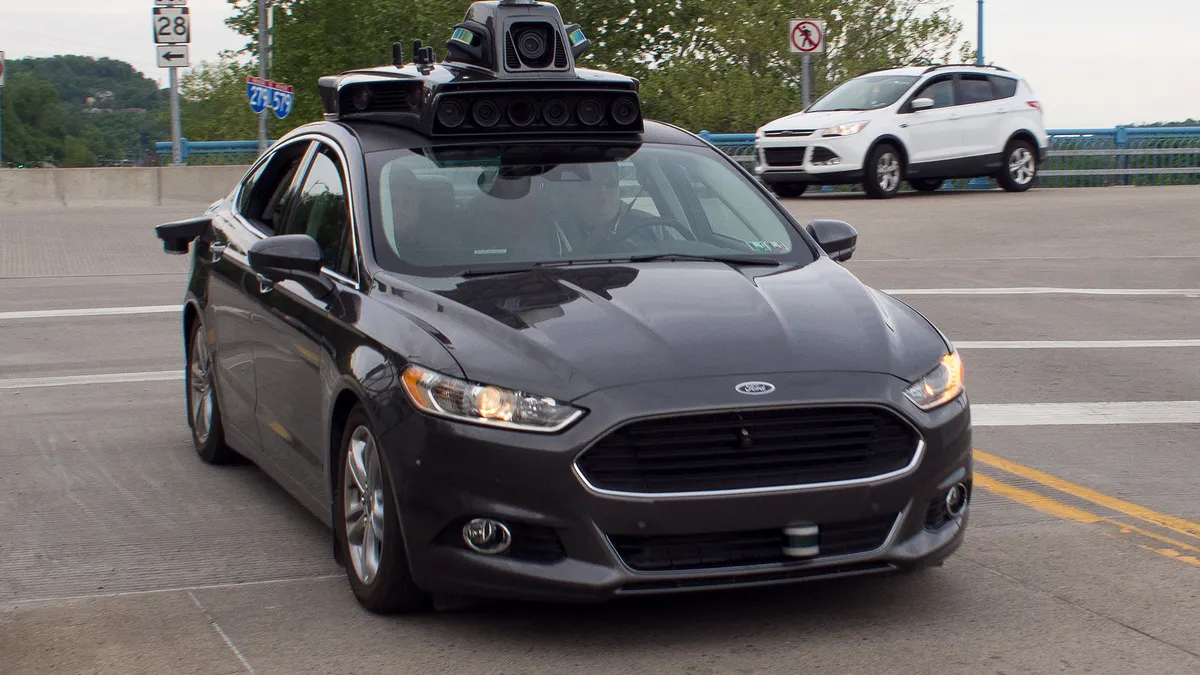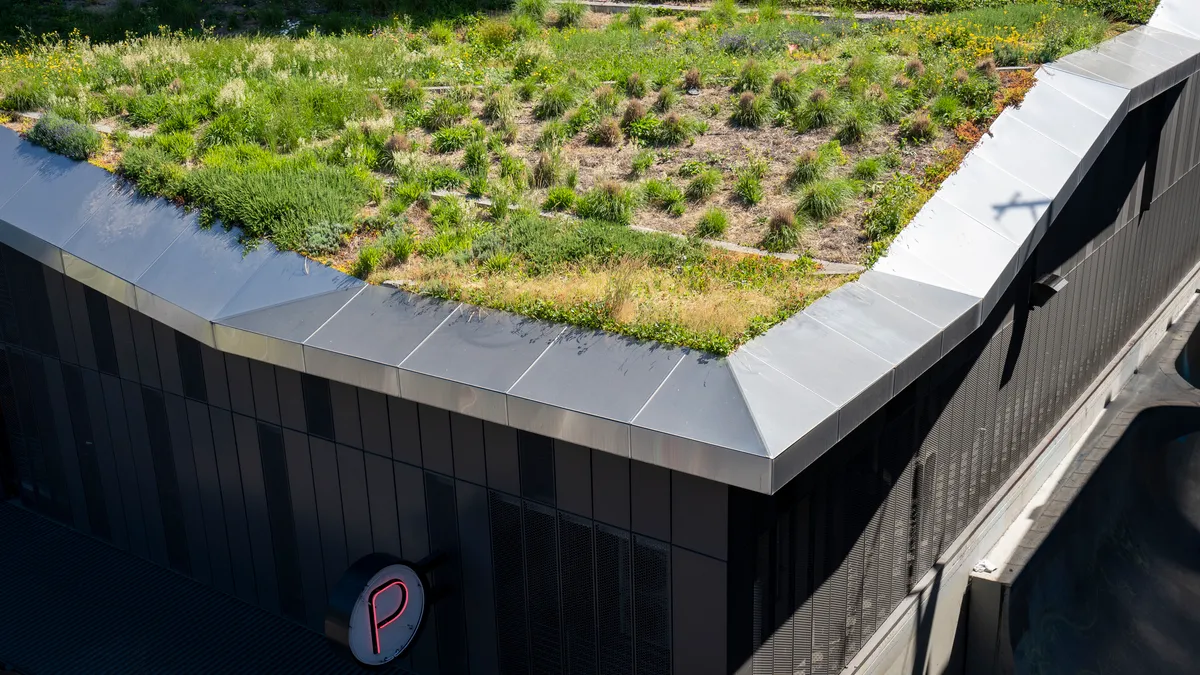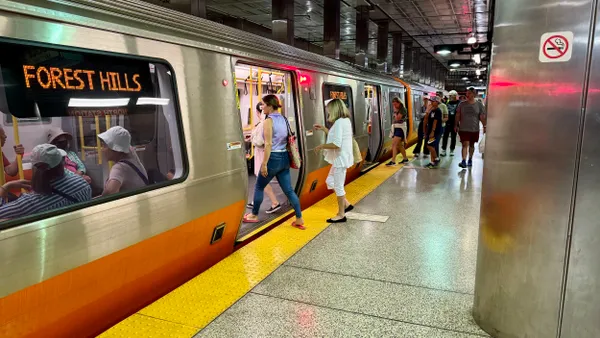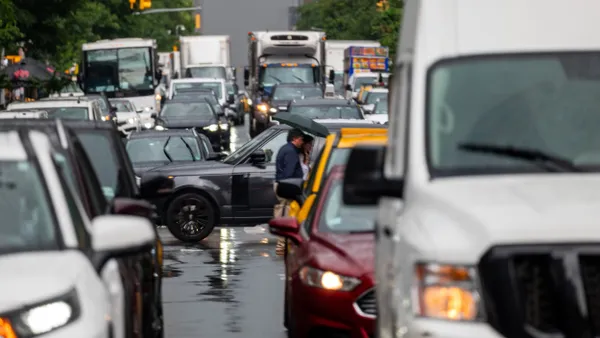Dive Brief:
- Warren, MI–based Angelo Iafrate Construction Company will manage construction on the first phase of the nonprofit American Center for Mobility (ACM) at Willow Run, a connected and automated vehicle testing facility, according to Traffic Technology Today.
- The $24 million contract includes building a 2.5-mile highway loop with on- and off-ramps and a curved tunnel, as well as a customer garage and operations center, at the 500-plus-acre site of a former General Motors plan in Ypsilanti Township.
- The project is part of the state of Michigan’s PlanetM public-private collaborative. Construction began last month and the first phase will open in December 2017.
Dive Insight:
The ACM’s planned test bed aims to be a site for developing, testing and validating CAV vehicle technologies. The Michigan Strategic Fund board already waived property taxes at the facility for 15 years, a move expected to yield $1.9 million annually, according to Crain’s Detroit Business.
Earlier this year, the U.S. Department of Transportation named the ACM project as one of 10 U.S. test sites for self-driving and autonomous vehicle technology, the Detroit Free Press reported. The title doesn’t include funding, but it is expected to help the site get private dollars. So far, ACM has roughly half of the $110 million needed for completion. Other sites named include the Thomas D. Larson Pennsylvania Transportation Institute, in Bellefonte, PA; the U.S. Army Aberdeen Test Center, in Aberdeen, MD; and the GoMentum Station, in Concord, CA.
Michigan isn’t alone — Rhode Island recently put out a request for information for CAV companies to share information on potential partnerships, safety and security programs, environmental conditions and training. In Ohio, a 35-mile run of Interstate 33 is being fitted with autonomous vehicle technology. Georgia has similar plans for a 16-mile stretch of Interstate 85.
Many factors stand to influence whether states invest in readying their roads for CAV. USA Today found the state of the country’s roads, the lack of a clear federal directive on investment in autonomous vehicles under the Trump administration and efforts by private companies like Uber and General Motors to develop the technology without waiting for smart road development to catch up are challenges states face in making the decision.
Still, many states are updating legislation to account for autonomous vehicles. In April, the nonprofit National League of Cities debuted a guide for state and municipal planners considering CAV. It encourages them to lay the groundwork now so their infrastructure can accommodate future advances in the technology.












